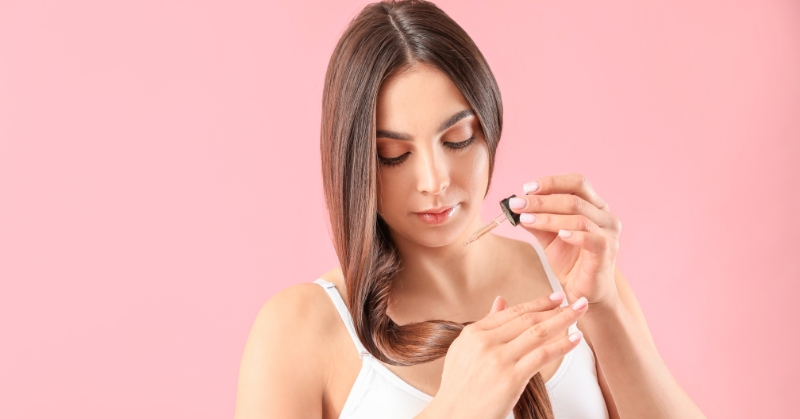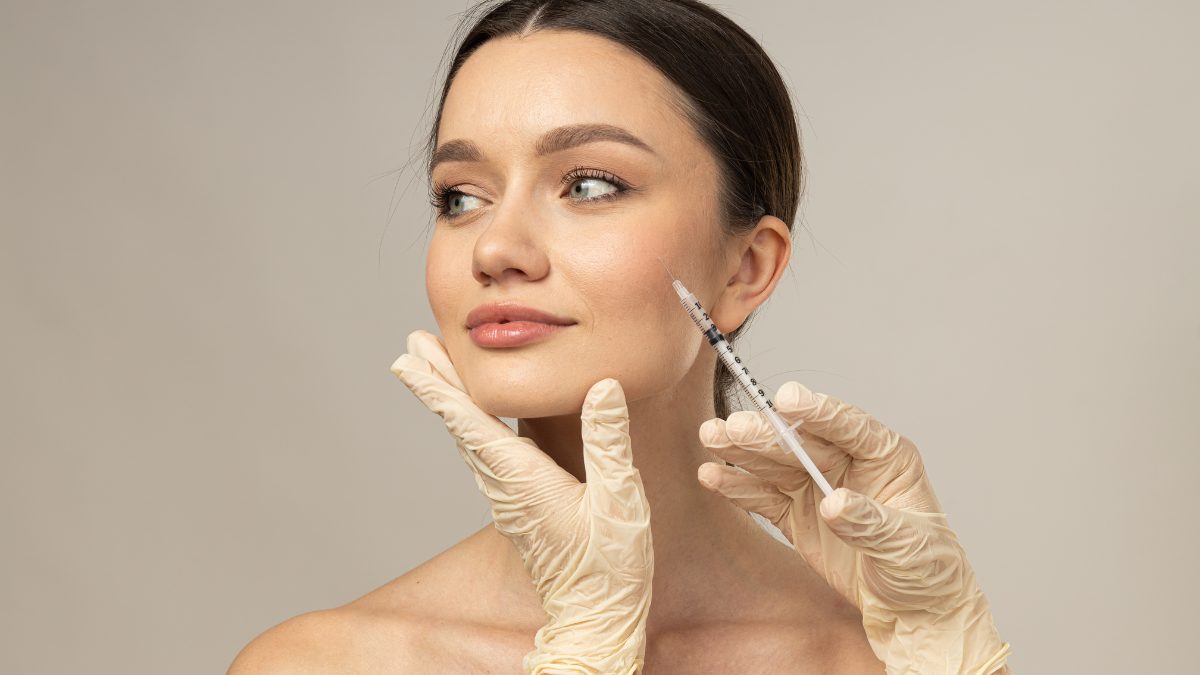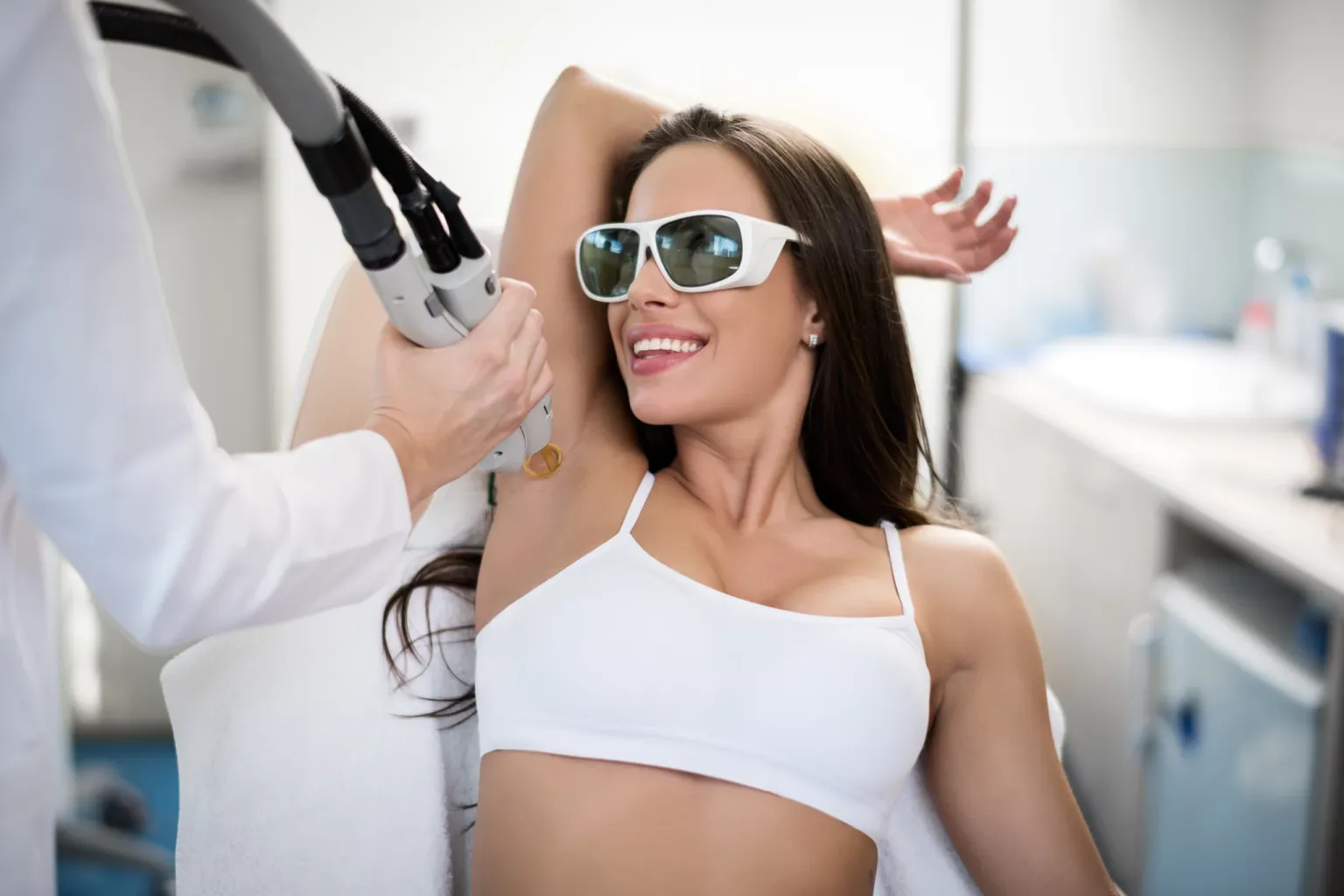
In our ceaseless pursuit of luscious locks and a healthy scalp, it’s no secret that the market is saturated with hair supplements promising everything from rapunzel-esque length to denser, shinier strands. But does the reality match this promise? The idea of popping a pill for better hair seems simple but scrutinizing the science behind these supplements is much more complex.
This article explores the effectiveness of hair supplements, analyzing their role in addressing hair loss and other common issues by examining essential nutrients and potential drawbacks. We aim to determine if the hype around hair supplements is justified or if there are better ways to achieve hair health goals. Join us as we untangle the facts about this complex hair care subject.
The Role of Nutrients in Hair Health
Before we start pondering over supplements, we must first understand the fundamental connection between nutrients and hair. Hair, just like any other part of the body, requires essential nutrients to grow and stay healthy. Various vitamins, minerals, and proteins are the building blocks of hair, and deficiencies in any one can lead to a range of issues such as hair loss, slow growth, or dryness and brittleness.
Hair mainly comprises a protein called keratin. Therefore, balanced protein intake is critical for hair growth. Besides protein, vitamins like C, E, A, and the B complex, as well as minerals such as zinc, iron, and selenium, are all known to play significant roles in hair health.
Can Deficiencies Cause Hair Loss?
Deficiencies in certain nutrients can certainly lead to hair problems. For instance, iron deficiency anemia, a condition where the blood lacks adequate healthy red blood cells or hemoglobin, can create issues for the hair follicles.
Deficiencies in vitamin D, known as the sunshine vitamin, have also been linked to hair loss. Conditions like telogen effluvium, which causes widespread hair thinning due to a shock to the system, can also be a result of sudden nutritional deficiencies.
It’s worth noting that while specific deficiencies can lead to hair problems, the reverse is not necessarily true. Just because you take large doses of a vitamin, it doesn’t unequivocally mean that it will prevent or cure hair issues.
Do Hair Supplements Work?
The effectiveness of hair supplements is a hotly debated topic. There isn’t a straightforward answer because it depends on the individual and the cause of their hair issues.
In cases where an individual has a nutritional deficiency, a supplement might significantly improve the health of their hair. However, if the cause of their hair problems isn’t dietary, such as hereditary hair loss, the results may not be as pronounced.
When it comes to topical supplements, like biotin-enriched shampoos or conditioners, the science is yet inconclusive. While a clean scalp and good hair hygiene are important for healthy hair, whether biotin topicals can truly penetrate the scalp and work as effectively as ingested supplements remains a question for further research.
What Are the Different Types of Hair Supplements?
Hair supplements come in various forms. The most popular are multivitamins that contain high doses of certain vitamins and minerals known for their benefits to hair health. The star among these is biotin, a B-vitamin crucial for the health of hair follicles. Marine collagen, which is rich in amino acids and is the most abundant protein in the body, is also highly sought after for its purported strengthening qualities.
Natural herbal supplements that combine a range of vitamins, minerals, and herbal extracts are marketed toward improving overall hair health. These can include ingredients like saw palmetto, which is thought to support hair growth and block enzymes that convert testosterone to DHT, a hormone believed to shrink hair follicles.
Are There Any Side Effects to Taking Hair Supplements?
While the vitamins found in supplements are essential for health, taking too much of certain ones can lead to harmful side effects. For example, excessive doses of vitamin A can lead to hair loss, and high doses of selenium can be toxic.
One of the most widely publicized vitamins in the supplement world is biotin, yet there are potential side effects. Biotin can interfere with certain lab tests, leading to falsely high or low test results, which can be life-threatening or alter your course of treatment. It’s crucial to inform your healthcare provider if you’re taking biotin to avoid this serious situation.
Alternatives to Hair Supplements
If you’re not keen on trying supplements, there are several alternative routes to improve your hair health. Ensuring a balanced diet with plenty of protein, vegetables, and good fats can provide your body with the nutrients it needs to support healthy hair. Avoiding certain damaging hair practices, like heat styling or over-tight hairstyles, can also prevent unnecessary stress on your hair.
Another potential solution for common hair concerns, especially hair thinning or loss, is to look into prescription treatments, such as minoxidil or finasteride. These medications can be more effective for issues like androgenetic alopecia, the most common cause of hair loss.
The Bottom Line
Hair supplements can be beneficial for those with specific nutrient deficiencies that affect their hair health. However, for the average person who eats a well-balanced diet and is experiencing hair issues not tied to nutritional causes, the evidence supporting the use of supplements is less encouraging.
It’s always best to consult with a healthcare provider before starting any supplement regimen, to rule out any underlying health conditions and ensure that you are supplementing your diet safely and effectively.
In Conclusion
In the quest for better hair, it’s important to remember that supplements should not be the sole solution. Healthy hair starts from the inside out, and besides a potential supplement regimen, a balanced diet, good hair care practices, and, if necessary, medical treatments, should all be part of your overall strategy for healthy and vibrant hair.
If you enjoyed this story or article, make sure to share it with your beloved friends and follow Cat's Voice for more heartwarming content & Videos!






